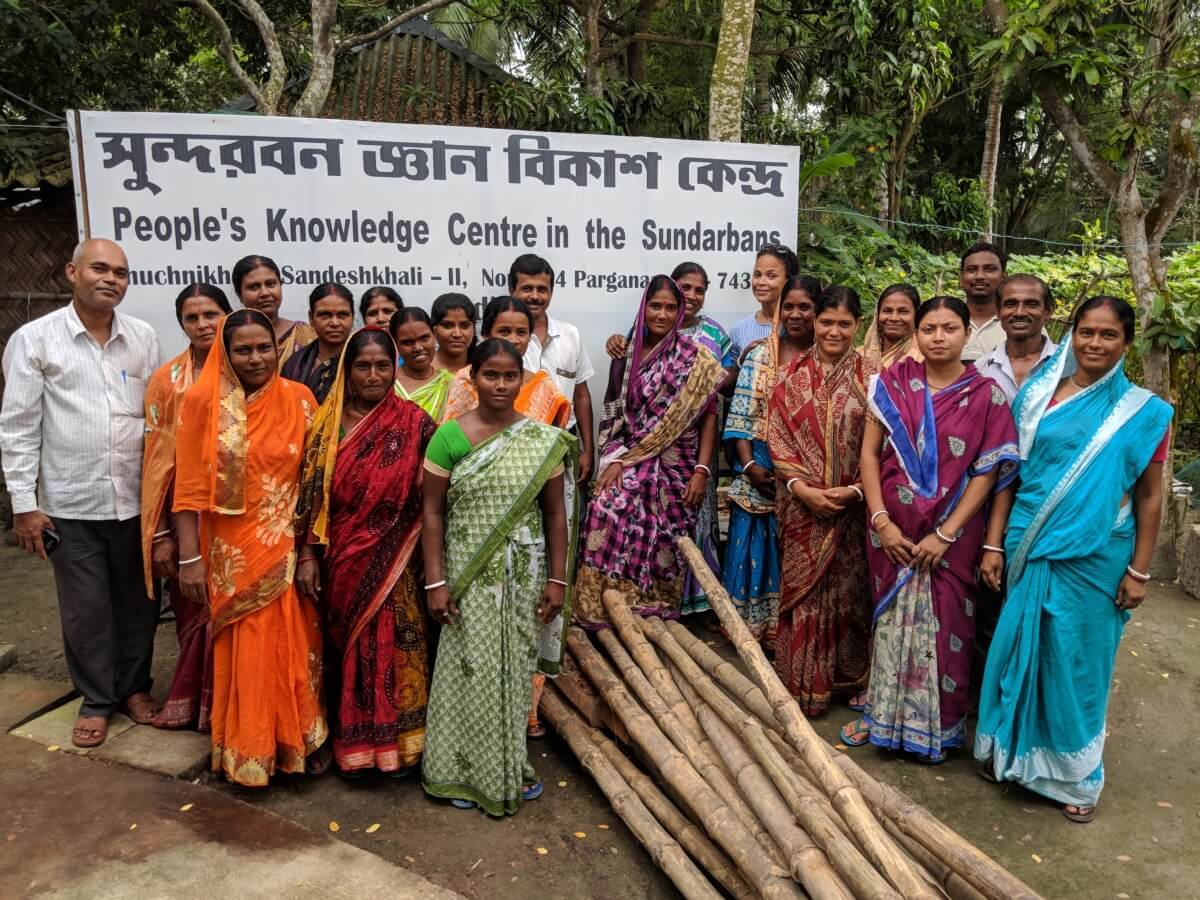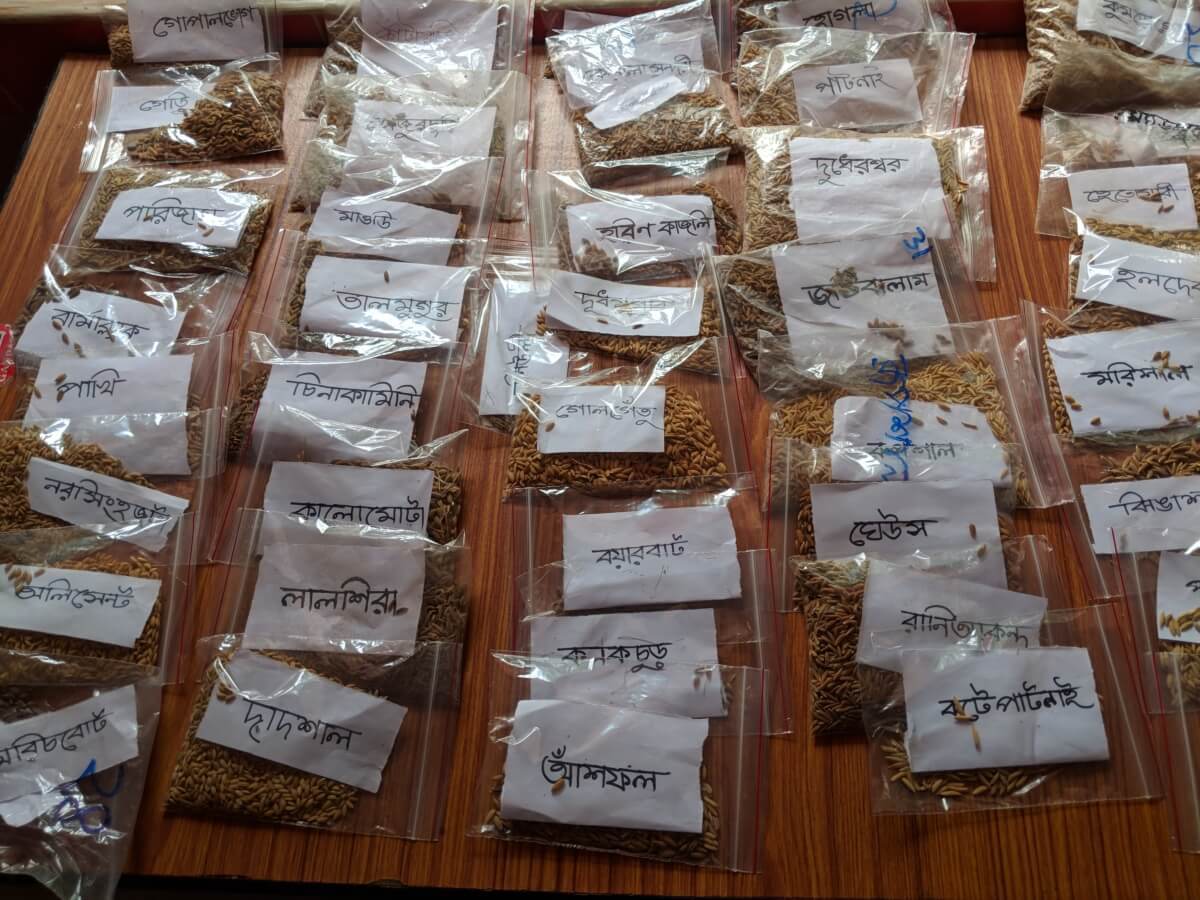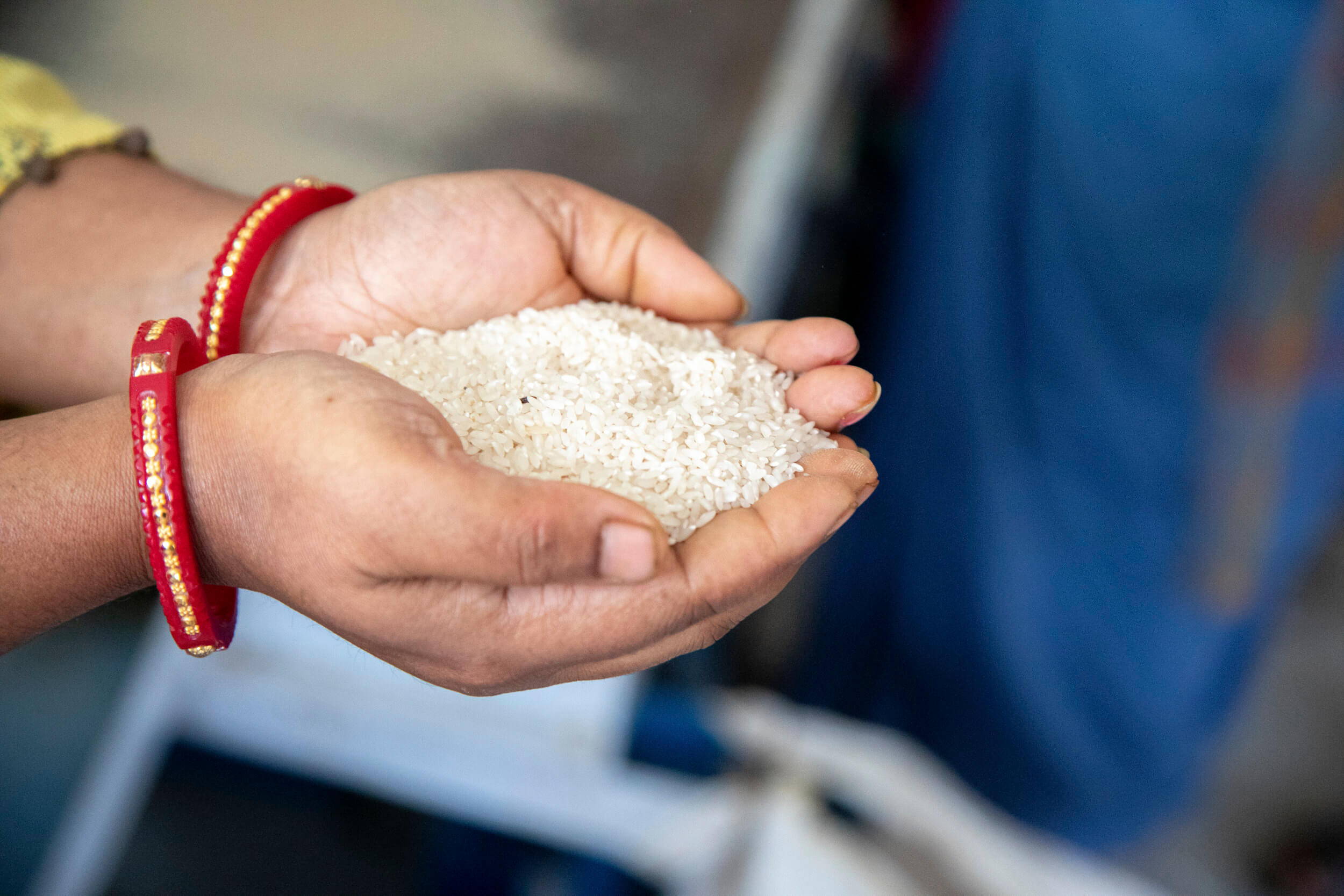SOCEO & Madhovita Farming Collective: Empowering Women in Agriculture
In Darjeeling, a group of women were given the opportunity to improve their agricultural production and market their products online

Society, Justice, Opportunity
The name SOCEO is composed of the words “Society, Equity, Opportunity”. In this context, it is a certain approach that makes the company so special: the development and use of the Sustainable Livelihood Development Program (SLDP). SOCEO India uses this framework to assist other NGOs, in particular as consultants, and conduct research on sustainable development cooperation through proper monitoring and evaluation.
Agricultural Products Alone are not Enough
Usually, women and families do not have the opportunity to further process their crops, which would increase the value of their produce. In addition, the yields are often too small to earn a sufficient salary. Thus, the sale of domestically grown produce is not really profitable. Recognising this, the women from the region independently took action, coming together in collectives to grow crops more efficiently and sell their bundled produce on local markets. This exemplifies the beginnings of sustainable entrepreneurship.
Unfortunately however, the inability to further process and refine goods still existed, largely due to inadequate logistics and limited access to other market channels. In order to survive, it was thus still necessary to sell to producers cheaply, who in turn resell the goods at disproportionately higher prices after further processing. Therefore, in order to be able to operate sustainably and establish a livelihood for themselves, these women needed to take the processing of agricultural products into their own hands. In a nutshell: they needed premises, machinery and know-how.

Information and Technology are the Key
The women in the region have showcased their entrepreneurial spirit, however needed to connect with organisations for further resources. This is where SOCEO stepped in, not only organising capital for machines such as rice and spice mills, but also providing the farmers with the infrastructure needed to sell their products more broadly.
SOCEO uses the online platform and App Amar Khamar for this purpose, which distributes regional products and gives them a face. After a two-month training course on agriculture and e-commerce, each farmer knows how to link agriculture with entrepreneurial activities, such as selling their products online.
SOCEO also sets up online sales hubs, such as the one done in collaboration with the Madhovita Farming Collective. This hub functions as a logistics and distribution centre, with eight women from the cooperative working there. To fulfil this role, they received additional training in all the necessary processes. The project also includes other training courses, for example: machine maintenance, servicing and operation.

Creating Entrepreneurial Perspectives in One Year
SOCEO undertakes the responsibility of evaluating the entire project. Methodically, they collect data at the beginning and end. The initial aim is to determine the social and economic conditions in the daily lives of women farmers in order to identify their needs. One year from each project, they determine how significant the improvement is.
With the support of Lemonaid & ChariTea Foundation, the cooperative covers almost the entire costs of the various training courses. The costs for construction and the establishment of the e-commerce hub, as well as the machines and the studies at the beginning and end of the project are also covered. In the long run, parts of the income and proceeds generated by the project return to the cooperative, thus securing the long-term existence of the newly formed business.
Through entrepreneurship, adapted to the social, economic and ecological conditions, communities are strengthened. While SOCEO and the Lemonaid & ChariTea Foundation are providing the initial funding, the project will secure a sustainable income for the women of the Madhovita Cooperative and thus guarantee the continued existence of the business.
